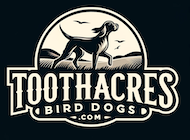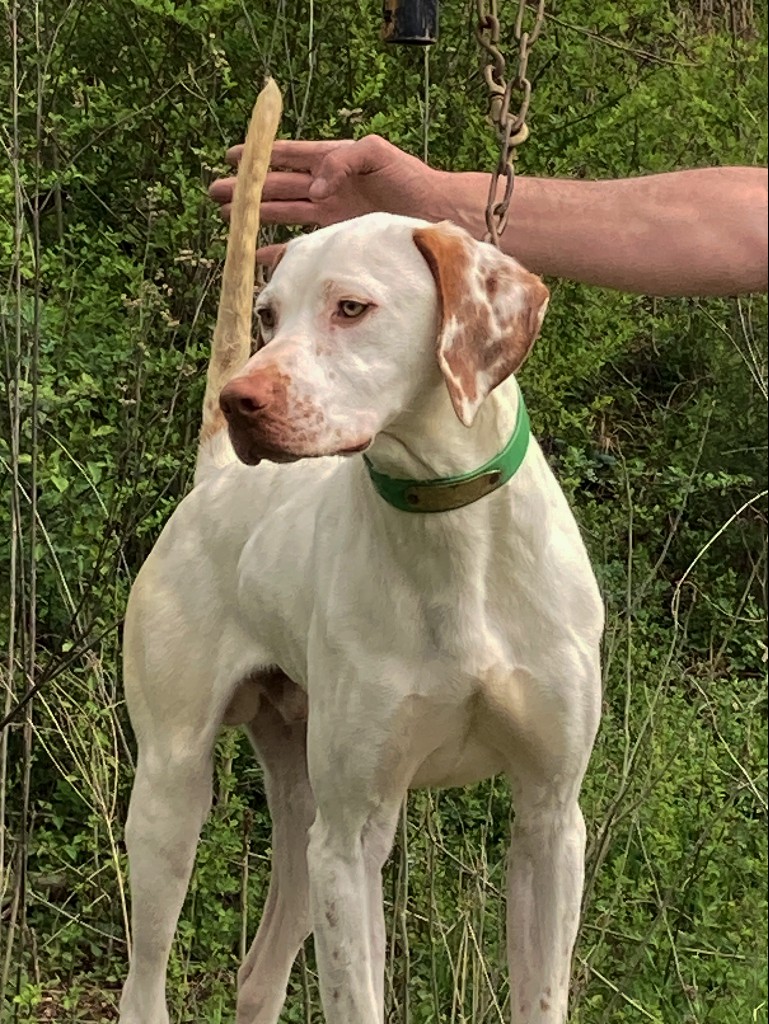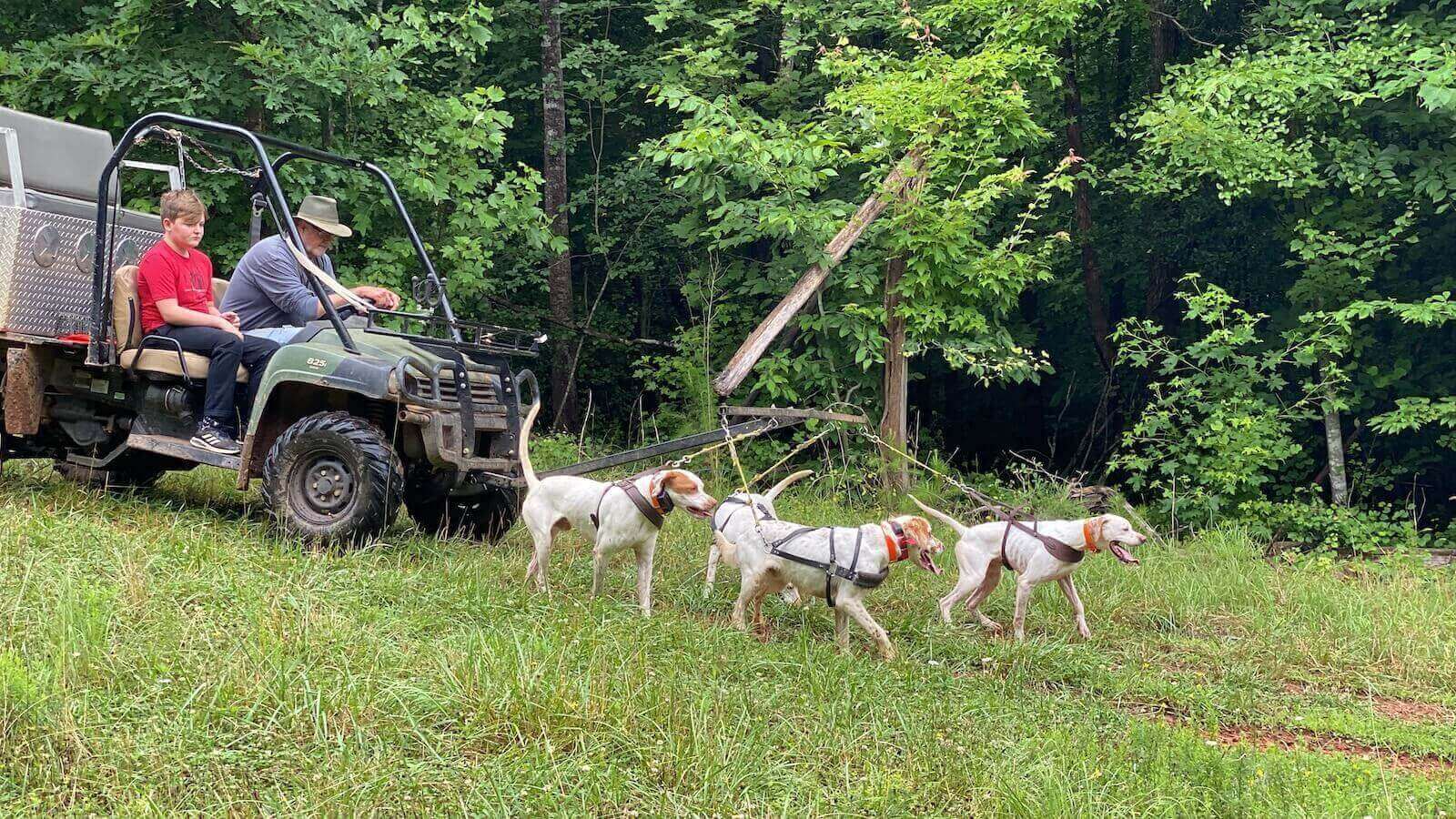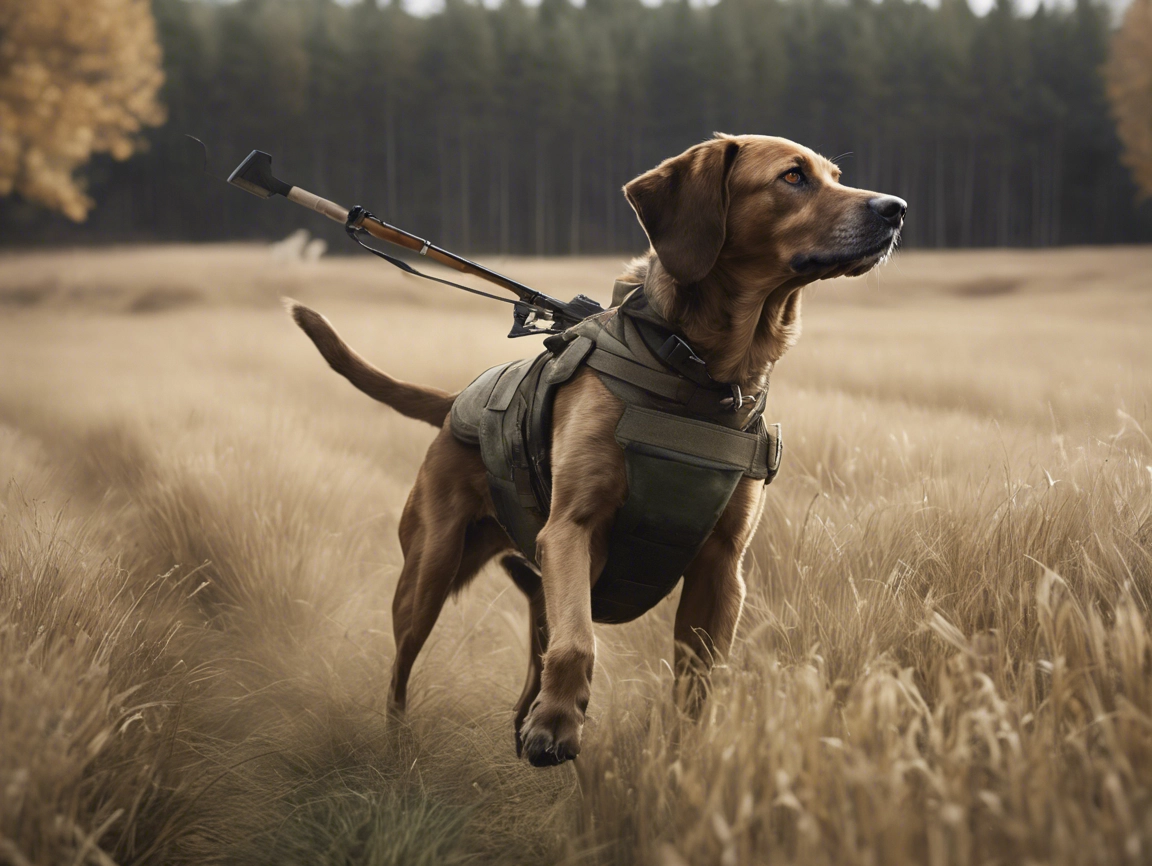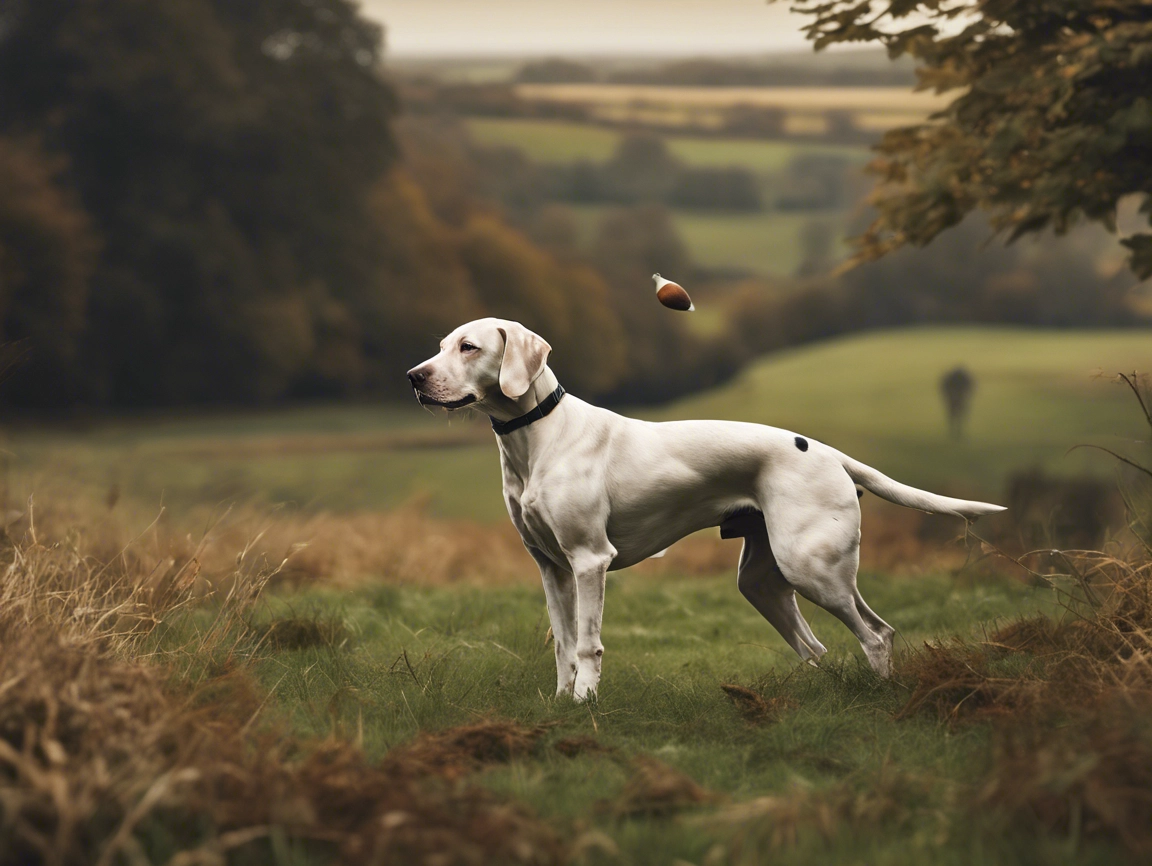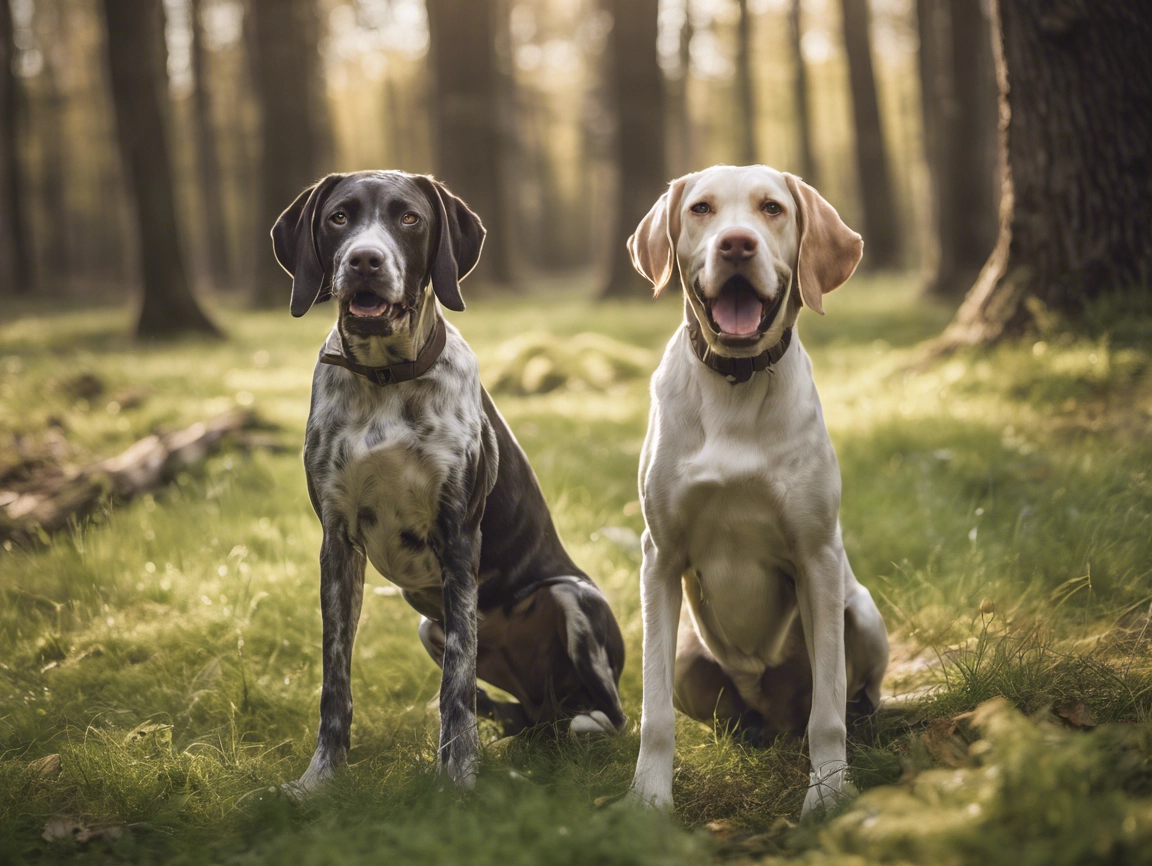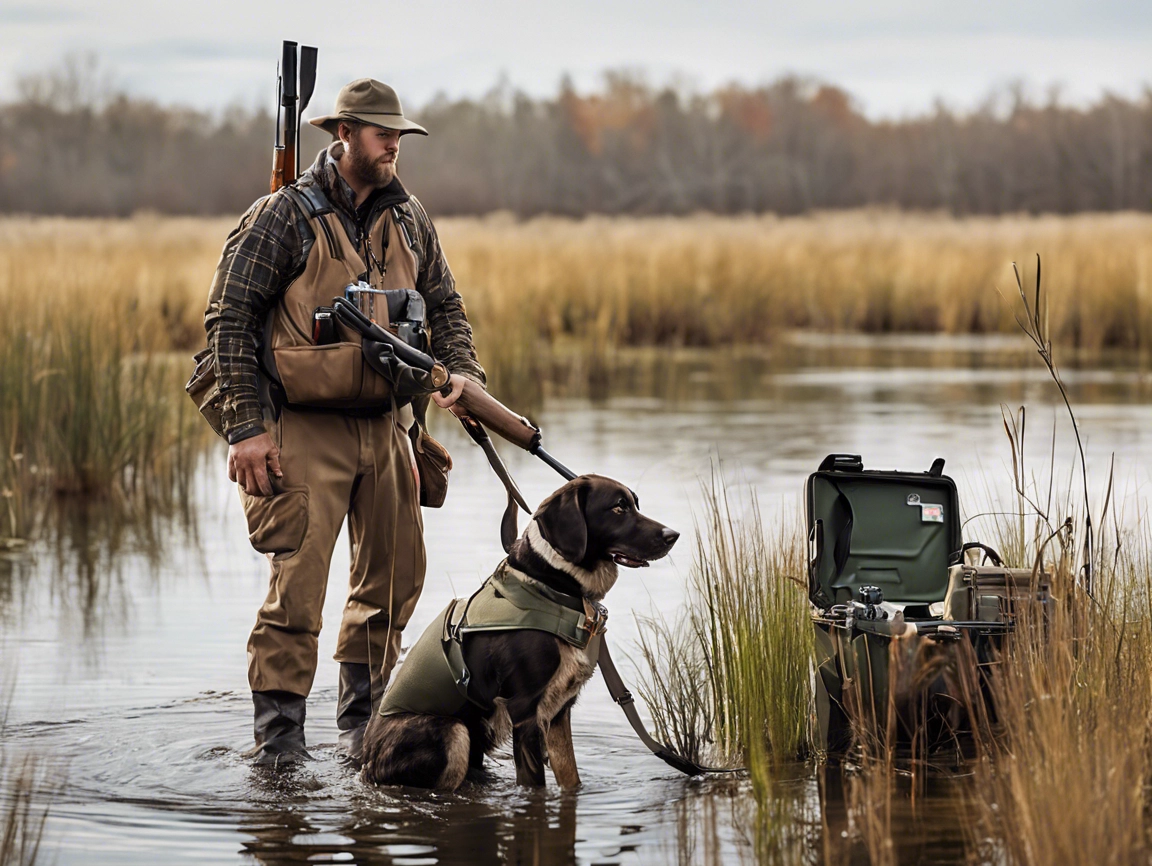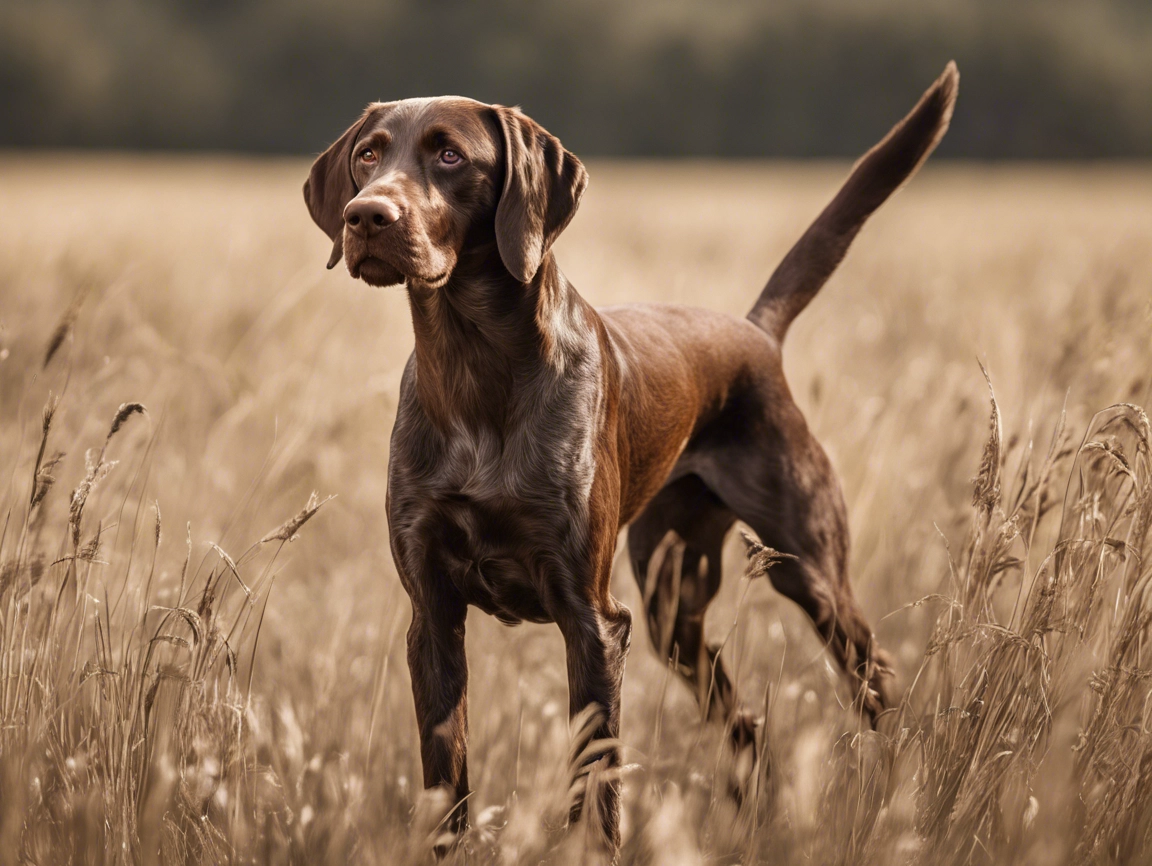Pointers are among the most sought-after breeds for bird hunters, celebrated for their sharp instincts, remarkable endurance, and versatility in the field. Whether you’re a seasoned hunter or just stepping into the world of bird hunting, understanding the unique qualities of each Pointer breed is essential for choosing the right hunting partner. In this series, we’ll explore the history, characteristics, and training tips for the top Pointer breeds, helping you make an informed decision on your next four-legged companion. Let’s dive into the world of Pointers and find the perfect fit for your hunting adventures!
What Makes Pointers Special?
Natural Hunting Instincts
Pointers have been bred for centuries to excel in bird hunting, with a natural instinct to locate and point game birds with precision. This instinct, passed down through generations, makes them reliable companions in the field.
Strong Work Ethic and Endurance
Known for their tireless work ethic, Pointers can cover large areas of land with ease. Their impressive endurance allows them to handle long hunting days in tough conditions, ensuring they won’t tire easily when tracking game.
Versatility in Different Terrains and Climates
Pointers are highly adaptable, performing well in a variety of terrains and climates. Whether you’re hunting in open fields, dense forests, or rugged hills, Pointers can handle it all with agility and determination.
Common Traits of Pointer Breeds
High Energy Levels
Pointers are high-energy dogs that require regular exercise to stay happy and healthy. Their energy and enthusiasm make them excellent companions for active hunters, but they also need mental stimulation to prevent boredom.
Keen Sense of Smell
A Pointer’s sense of smell is one of their most valuable assets, allowing them to detect game birds from impressive distances. This trait makes them stand out among hunting breeds, as they can locate and track birds with exceptional accuracy.
Affectionate and Loyal Companions
Despite their strong hunting instincts, Pointers are known for being affectionate and loyal to their families. They form strong bonds with their owners and are typically good with children and other pets, making them both capable hunters and loving family members.
Importance of Choosing the Right Breed
Matching Breed Characteristics with Hunting Style
Each Pointer breed has its own strengths and characteristics. It’s important to match these traits with your hunting style to ensure you choose a dog that complements your needs. For example, if you hunt in colder climates, a breed with a denser coat may be a better fit.
Understanding Training Needs
Different Pointer breeds may have varying training needs and temperaments. Some may be more independent, requiring patience, while others are eager to please and may be easier to train. Understanding these differences is key to creating a strong partnership with your dog.
Conclusion: Finding the Perfect Pointer for Your Hunting Adventures
In the following posts, we’ll delve into specific Pointer breeds, offering you detailed profiles to help you choose the best dog for your needs. From the classic English Pointer to the versatile German Shorthaired Pointer, we’ll cover everything you need to know to make an informed decision. Stay tuned for our first breed profile on the iconic English Pointer!
